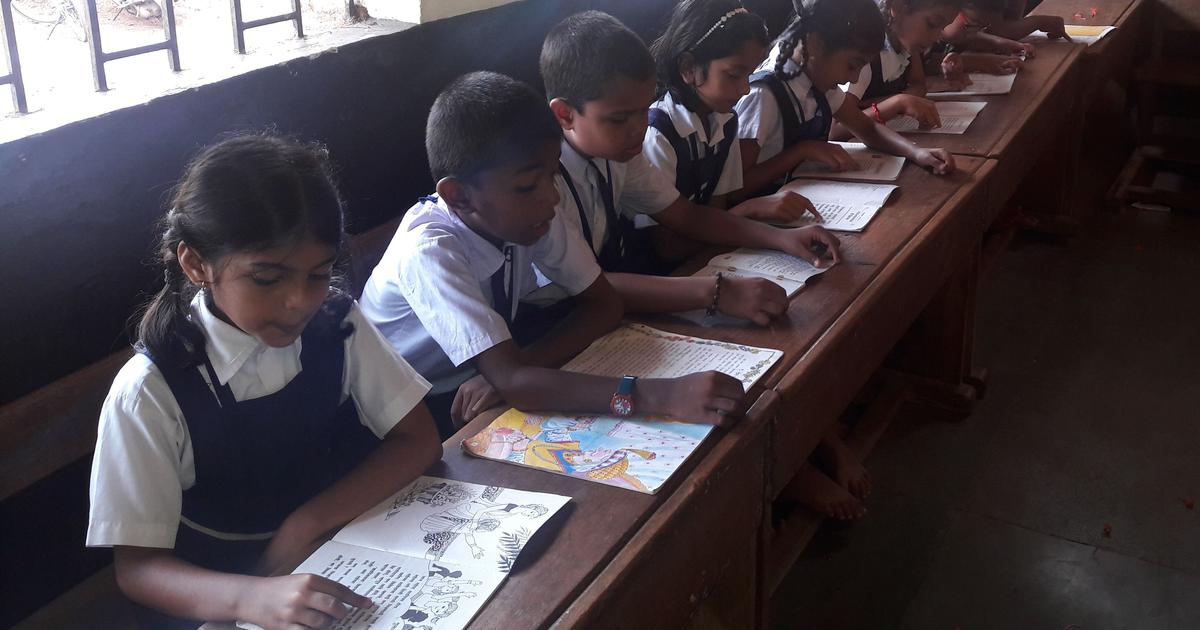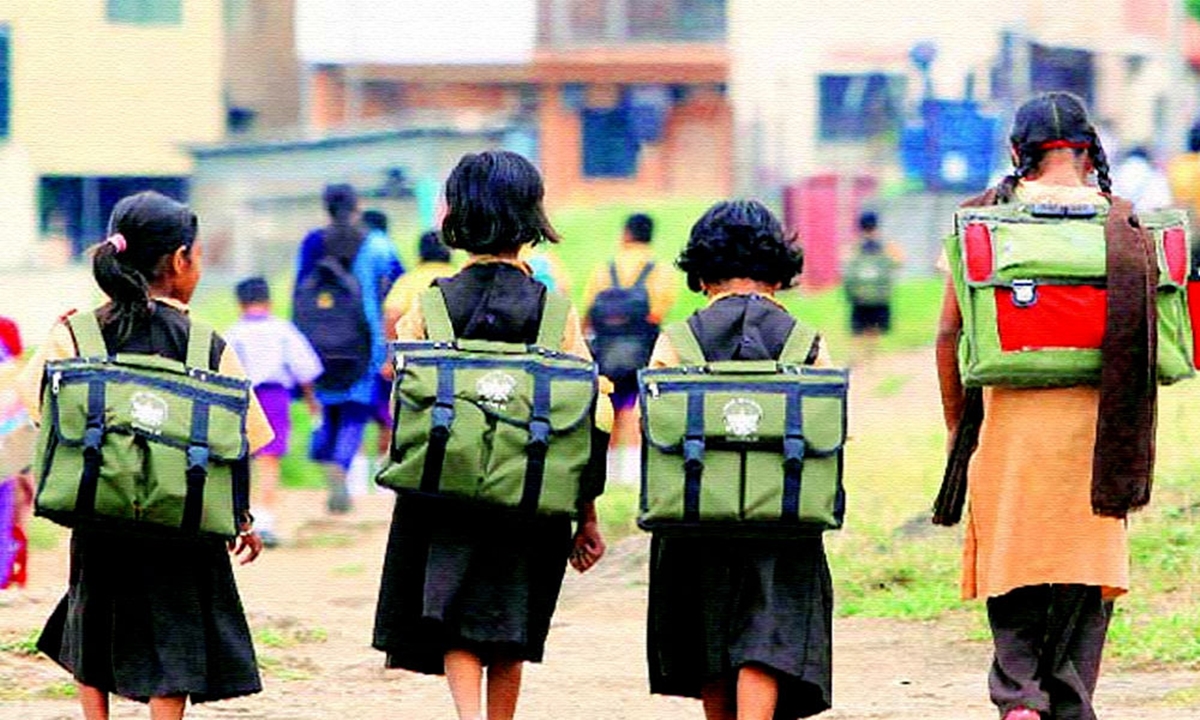
In Discussion: Passing the Baton: Implications of Public-Private Partnerships in Education for Rights of the Child
with Prof. Ankur Sarin, Madhukar Banuri and Saurabh Taneja
In extension to Vidhi’s study on “Passing the Baton: Implications of Public-Private Partnerships in Education for Rights of the Child”, a discussion was organized to talk about the intricacies of the Public Private Partnerships (PPP) in Education and its possible implications on Equity and Accountability.
You can view the full discussion here.
Mr. Madhukar Banuri (Founder & CEO, Leadership for Equity) and Saurabh Taneja (CEO at the Akanksha Foundation) were invited to contribute to the discussion. The discussion was moderated by Prof. Ankur Sarin (Faculty, Public Systems Group, IIM-Ahmedabad). Following are some of the excerpts from the discussion:
Conversations:
Question 1: Do you like the term PPP? Do you like this big umbrella we have created called ‘Private’ which includes so many different actors and do you think that making distinction there would help us begin to address the issues the report has mentioned?
Saurabh: Come to think of it, I hadn’t really thought about the connotations or deeper embedded nuances in the phrase Public Private Partnership. I see now though that sometimes when we try to attach this umbrella term ‘Private’, how the genuine ideologically aligned non-state actors or non-profits like us can be perceived in the same light where we start thinking about privatisation and at Akanksha sometimes, we have to feel that kind of a perception despite having a rich history of 30 years and being at the fore-front of this service delivery. However, I do like the term ‘Partnerships’ and think that if a lot of the focus was on unpacking and figuring out the division of responsibilities which is what I picked up from the report as well that how there are gaps in just defining the clear division of responsibilities on partnerships front, that in my view is a huge lacuna and something that can be addressed.
Madhukar: We have been working with the government bodies very closely and in my experience the word “PPP” has a negative connotation there – people inside the government system always perceive PPP as a threat due to the historical reasons – which is troubling because at the end of the day we are just the partners who are supporting the government to deliver the services in a more effective and efficient way. I believe that more than the terminology when one is working with the government bodies, the ‘end intent’ has to be clear. This concurs with one of the findings of the report where it has been mentioned that the clarity of a partnership has to be communicated in a clear manner.
Question 2: What do you see within government departments in terms of capacity to handle, monitor, and regulate PPPs? Are these capacities very different from what they would otherwise have to do if they were just running schools within the government hierarchy or the government authority?
Madhukar: I believe that the ability of the government departments in terms of just running the schools within the government hierarchy or the government authority is extremely limited. In a state like Maharashtra, roughly you have about 150-200 Class I Officers who are the administrative heads of all the districts and govern the entire administrative structure of the state of Maharashtra which has roughly about 1.1 lakh schools. Out of these 150-200 officers, maximum 10% have the ability to do that. I believe that a lot of effort needs to go to build the capacity of the remaining 90% of the officers so that they can manage the work in a more efficient and effective way.
Question 3: There is this conundrum that on the one hand we care about learning outcomes and on the other hand they seem to be fairly difficult to measure, to interpret, and to then utilize. Given this, would it still be right for the government to be moving to an accountability framework which is dependent predominantly on the learning outcomes?
Saurabh: I totally believe that whatever these tensions are can be resolved and we absolutely should stay firm about the idea of assessing success of a partnership or accountability towards learning outcomes. For too long we have continued to debate the idea whether outcomes are contextualized or not but at the end of the day I see that there is an alignment that outcomes are critical and they need to factor in the process of decision making at all levels. I totally believe that it doesn’t have to be an absolute outcome attainment, it can be improvement plus some mix of focus on where you want a child to be. It is something that is the need of the hour and as long as there is an expectation setting upfront on what are those standards on which an organisation will be held accountable then I think everyone is walking into this partnership with a fair degree of clarity in understanding.
Madhukar: The thing about accountability comes in when there are standard acceptable norms such as Shala Shiddi Framework or the School Education Quality Index (SEQI) Indicators. Personally, I think more from a system lens and I believe that the learning outcomes alone cannot be an indicator of the success, it needs to be a combination of a bunch of things such as teacher development, parental engagement, support to other schools, etc. I believe that rooting the conversations around the frameworks already defined by the government is a great thing. For ECCE specifically, an academic framework doesn’t exist which is pointed out in the report too. However, states like Karnataka and Maharashtra are leading by example in having a strong ECE curriculum and outcomes which are mapped for education, health and nutrition.





